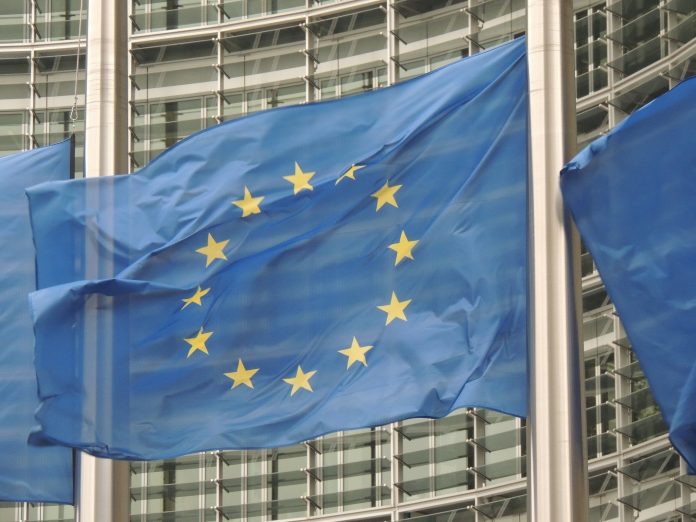Lead MEPs are pressing the Commission and Member States to give the EU bank deposit insurance scheme a new push.
Below is a statement sent today to ECOFIN President Zbyněk Stanjura, Eurogroup President Paschal Donohoe, Commission Vice-President Valdis Dombrovskis and Commissioner Mairead McGuiness. It has been sent as a letter signed by the Chair of the ECON committee and agreed by the coordinators of six political groups (EPP, S&D, RenewEurope, Greens, ECR and The Left).
“Work on a European Deposit Insurance Scheme (EDIS) is long due. Negotiations have been on a hold while the Council worked on a ‘road map’ for the completion of the Banking Unio. Unfortunately, no agreement was found on the potential elements of the Banking Union roadmap, apart from reviewing the Crisis Management and Deposit Insurance (CMDI) framework. This happened, despite repeated calls from the European Commission’s and European Central Bank’s for the creation of an EDIS and the completion of the Banking Union.
The European Parliament negotiating team on the EDIS proposal regrets the lack of progress so far, all the more because the opportunity to ‘fix the roof while the sun is shining’ may have passed. The European banking sector has been relatively robust in the last couple of years, but given the profound uncertainties surrounding the current European economic situation, it cannot be assumed that this stability will remain.
We believe that the introduction of EDIS, if done in the right way, would further strengthen financial stability, reduce the link between the banks and the sovereign and increase the protection of depositors – thereby fostering trust. We recognize that the creation of a supra-national deposit guarantee or (re-)insurance scheme remains a sensitive issue and we acknowledge that differences remain amongst and within political groups and between Member States. However, we are convinced that progress can be made despite these differences, as our citizens expect from us.
We therefore call for the following:
- The European Commission should not retract its 2015 EDIS proposal. The proposal should remain on the table as the basis for restarting discussions.
- The Commission should table an ambitious review of the Crisis Management and Deposit Insurance (CMDI) framework. A more harmonised framework may help to overcome hurdles to the establishment of EDIS. However, it must remain clear that the review of the CMDI framework should by no means be considered a replacement for a European Deposit Insurance Scheme.
- We urge the Council to end the stalemate that has blocked progress for years and work constructively with the Parliament to reach an agreement on EDIS, keeping in mind its importance for financial stability in the Union.
In our view, such an agreement could contain the following elements:
- a targeted assessment of bank asset quality, paying in particular attention to the Less Significant Institutions that are not part of the regular EBA and ECB stress tests;
- a step by step approach, starting with the pooling of liquidity and a gradual build-up of a European Fund that enables loss-sharing based on concrete criteria;
- further risk reduction and risk sharing continue to go hand in hand, including on the optimal composition of bank balance sheets. There should be regular updates on the progress made;
- banks’ contributions to the European fund should be risk-based and calibrated taking into account their idiosyncratic risk within the banking union;
- the agreement should take into account the current economic situation and the discussions regarding the revision of the Stability and Growth Pact and the European implementation of Final Basel III.
We believe that the elements above provide the main building blocks to kick-start the process working towards the establishment of an EDIS that is realistic, credible and solid. The fact that the economic situation is more uncertain should not lead to inaction but should be the impetus to progress on finding a solution to the benefit of all.
We are ready to move the discussion forward towards completing the Banking Union.”

